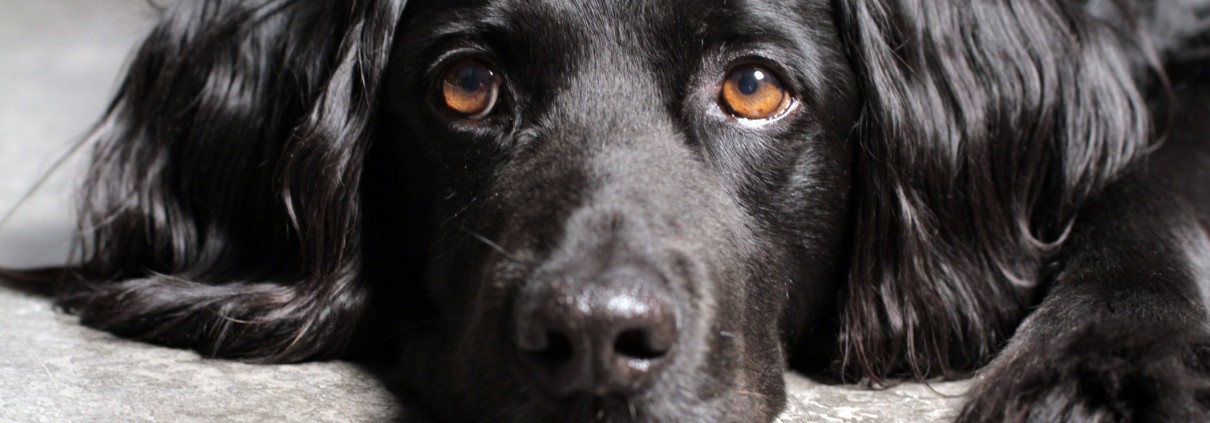When you pass, what happens to your pet?
By H. A. Fisher
We all know preplanning funeral arrangements and creating a detailed will that outlines our final wishes can save our loved ones a lot of stress and worry after we pass. But what about those four-legged family members? When you pass away, what happens to your beloved pets?
Whether you have fish, dogs, cats, horses or guinea pigs, you need to make plans for their care in the event of your death. There’s a chance your pet could outlive you and the last thing you want is for your dog to be shuttled off to the animal shelter or your cat given to a family member who never really did like cats anyways. Pets don’t have a choice to make their own decisions and you need to make a decision that will be favored in their best interest.
So what can you do now to ensure your pets are loved after you’re gone? Here are some precautionary steps you can follow to allow a peaceful severance for your cherished pet.
Find a guardian. Talk to close friends and family members about whether they would be willing to take in your pet or pets. Ideally these are people who have been around your pets so everyone feels comfortable together. Many animals get stressed by change and new surroundings. Your pet will be missing you and its home, so placing it with a friend it knows can help ease the transition is ideal.
Depending on the number of pets you have, it might be wise to find more than one guardian. It’s nice to keep the pets together but that may not always be possible, so have more than one person in mind. Check in with them periodically to ensure they are still on board with these arrangements as people’s circumstances do change and we want to ensure your pet is in the best care possible when you are no longer there.
If your chosen caregivers have pets of their own, it’s not a bad idea to introduce your pets to theirs. Give them a chance to sniff each other out before they’re put together in a stressful situation when your pets may be feeling uncharacteristically aggressive.
Include your wishes in your estate plans and authorize the executor of your will to use funds from your estate to care for your pets – whether temporarily or permanently, depending on the arrangement with your selected pet guardians.
Don’t forget the care instructions and medical history of your pet. Put together information about how to care for your pet, including feeding, veterinarian contact information and any special grooming instructions. This is also important if your pet has a medical condition that requires daily medication or regular vet visits. Just as you would with other end-of-life paperwork, review these instructions annually and make updates as necessary.
Lastly, work with your lawyer to make sure you’ve covered all the bases and the necessary paperwork and arrangements are in place. Your lawyer can guide you in whether your wishes are best fulfilled in a will, with a trust or some combination of both.
The Humane Society has additional tips for making arrangements for a pet heir as well as sample language for a will or trust. J. Henry Stuhr Funeral Home can help eliminate the stress of planning with the peace of mind that their accommodations cater to both pets and humans. Stuhrs takes into account the financial benefits of preplanning because the emotional benefits of advanced funeral and cremation services will eliminate the dangers of overspending for a funeral in the future.



